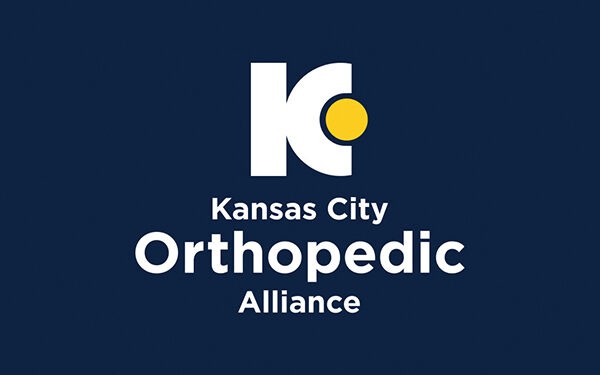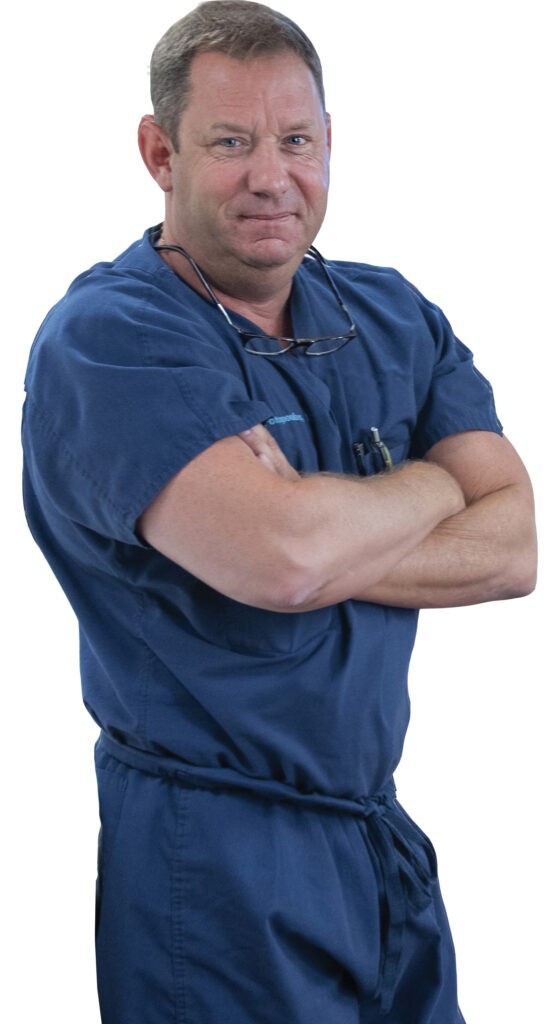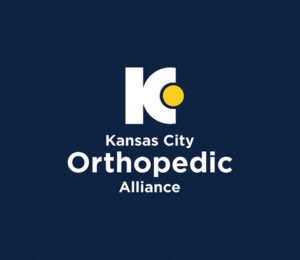Navigating Spinal Stenosis

Story by Ann E. Butenas
Exploring Non-Invasive Solutions for Lumbar Comfort and Mobility
“I have been diagnosed with lumbar spinal stenosis and it’s disrupting my normal routine. I’m very busy with my career, is there a treatment option that avoids invasive surgery?”
 Lumbar spinal stenosis (LSS) can be a debilitating condition, disrupting daily life with pain and limited mobility. For those seeking relief without the complexities of invasive surgery, Dr. C. Lan Fotopoulos, a board-certified physiatrist with Kansas City Orthopedic Alliance in Leawood, Kansas, points out that a variety of non-surgical options offer a beacon of hope. These options range from targeted physical therapy and over-the-counter medications to cutting-edge procedures like Vertiflex® and mild®. As a result, Dr. Fotopoulos indicated there are now more ways than ever to manage LSS effectively, allowing patients to align their treatment with an active, uninterrupted lifestyle.
Lumbar spinal stenosis (LSS) can be a debilitating condition, disrupting daily life with pain and limited mobility. For those seeking relief without the complexities of invasive surgery, Dr. C. Lan Fotopoulos, a board-certified physiatrist with Kansas City Orthopedic Alliance in Leawood, Kansas, points out that a variety of non-surgical options offer a beacon of hope. These options range from targeted physical therapy and over-the-counter medications to cutting-edge procedures like Vertiflex® and mild®. As a result, Dr. Fotopoulos indicated there are now more ways than ever to manage LSS effectively, allowing patients to align their treatment with an active, uninterrupted lifestyle.
Physical therapy plays a pivotal role in the non-surgical management of LSS. A physical therapist can tailor a program to your specific condition, which often includes stretching exercises to relieve pressure on the nerve roots in your lower back, strengthening exercises for abdominal and back muscles to support your spine, posture education to help reduce nerve pressure, and aerobic conditioning through low-impact exercises like walking or swimming. This approach not only helps reduce pain and improve mobility but also equips you with long-term strategies to manage your condition.
In addition to physical therapy, OTC medications are often used to manage pain and inflammation associated with LSS. Non-steroidal anti-inflammatory drugs (NSAIDs), such as ibuprofen and naproxen, are commonly used to reduce inflammation and relieve pain. Analgesics like acetaminophen can also be used for pain management, although they do not address inflammation. It’s important to use these medications as directed and be aware of potential side effects, especially with long-term use.
Other conservative treatments include heat and cold therapy, which can reduce pain and inflammation. Heat therapy boosts blood flow and can reduce muscle spasms, while cold therapy can reduce swelling and numb the affected area. Lifestyle modifications, such as weight loss and avoiding activities that worsen symptoms, can also be beneficial. In some cases, epidural steroid injections, which provide temporary relief by reducing inflammation around the irritated nerves, might be recommended.
However, if these conservative methods don’t provide sufficient relief, or if your symptoms are worsening, advanced treatments like the Vertiflex® or mild® procedures could be considered. These are less invasive than traditional surgery and have been effective for patients where conservative therapies haven’t provided enough relief.
The Vertiflex® Procedure is a minimally invasive solution that involves placing a small device between the posterior aspects of the spine. This device prevents excessive spinal extension while allowing for necessary flexion, thereby opening up the spinal canal and relieving the pressure on the nerves. Key advantages of this procedure include minimal invasiveness, quick recovery, and effective pain relief, allowing most patients to resume their normal activities, including work, more quickly.
The mild® Procedure, now available to Medicare patients, is another effective treatment for LSS. This minimally invasive lumbar decompression procedure is performed through a small incision about the size of a baby aspirin, under conscious twilight sedation, and typically does not require an overnight hospital stay. The procedure involves removing excess ligament tissue that causes the narrowing of the spinal canal. Benefits of the mild® procedure include a less invasive technique, no need for general anesthesia, and a rapid return to regular activities.
For someone with a busy life, balancing the need for effective treatment with minimal downtime is essential. Both the Vertiflex® and mild® procedures represent significant advancements in the treatment of LSS, offering ways to alleviate pain and restore mobility without the lengthy recovery periods associated with traditional surgery. As with any medical treatment, it’s crucial to consult with a healthcare provider to determine the best treatment plan for your specific condition and lifestyle needs.

KCORTHOALLIANCE.COM – 913-319-7678 ext. 3109






